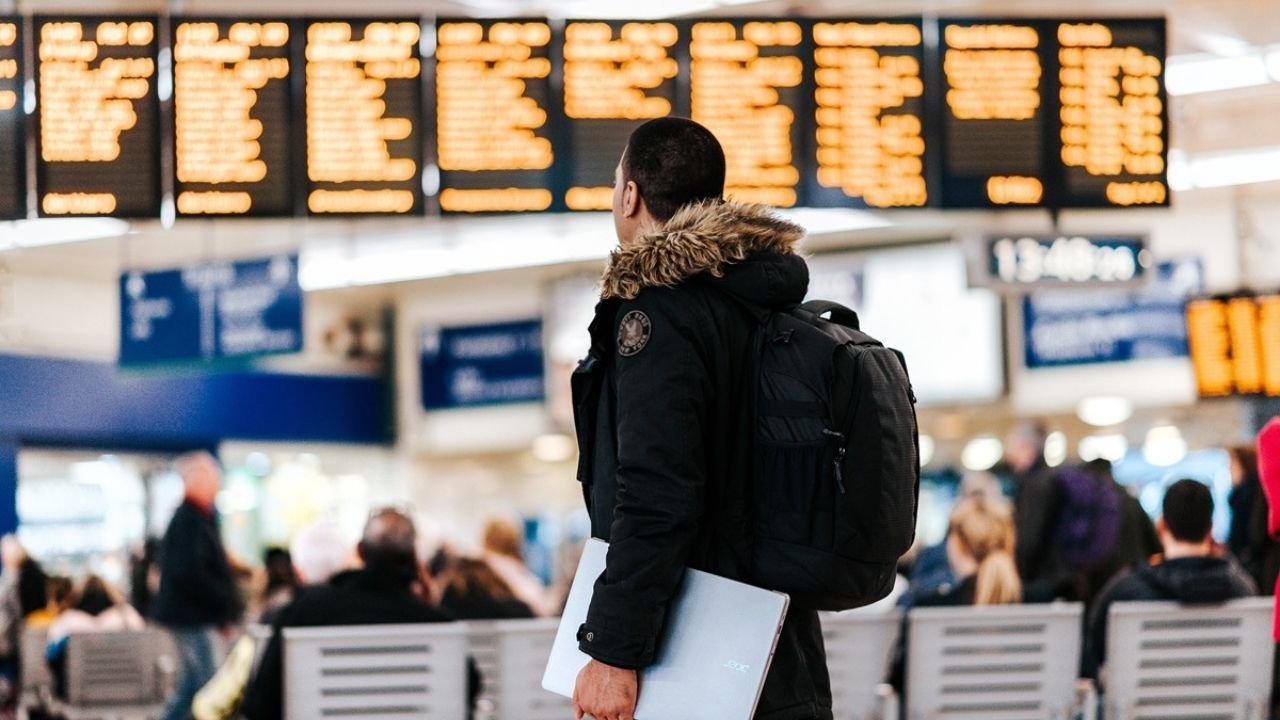The COVID-19 pandemic reshaped international mobility, grounding planes and halting cross-border tour for months. Now, with vaccination campaigns, better remedies, and better health systems, international tour is step by step resuming. However, the go back of pass-border mobility increases vital public health concerns. From stopping disease transmission to ensuring equitable vaccine coverage, governments, vacationers, and health businesses must navigate complex demanding situations to keep populations secure.
This article explores the major public health issues even as resuming global tour, highlighting first-class practices and ongoing dangers.
1. Risk of Infectious Disease Transmission
The number one public health situation while resuming worldwide travel is the threat of spreading infectious illnesses. Air tour permits pathogens to move borders inside hours. COVID-19 highlighted this threat, however it’s now not the handiest concern. Other illnesses which include influenza, measles, tuberculosis, or newly rising viruses can spread hastily through global mobility.
To mitigate risks:
- Countries enforce screening and testing protocols at entry factors.
- Quarantine measures may additionally nevertheless be important in high-danger situations.
- Collaboration with the World Health Organization (WHO) ensures a coordinated global reaction.
2. Vaccination Coverage and Certificates
Vaccines play a essential function in secure global journey. COVID-19 vaccine necessities brought to mild the possibility of vaccine passports or virtual health certificates as tools for secure motion.
Public health experts recommend:
- Encouraging vacationers to stay up to date with recurring vaccinations consisting of measles, yellow fever, and influenza.
- Standardizing international popularity of vaccination records to keep away from confusion.
- Ensuring equitable vaccine access in low- and middle-income countries, so that travel requirements do not disproportionately exclude certain populations.
3. Travel Health Infrastructure
The ability of airports, airlines, and border controls to manage large crowds while maintaining public health standards is a challenge. Measures like improved ventilation, frequent sanitation, and touchless check-in systems reduce risks.
Additionally, travelers may need:
- Access to on-site testing facilities at airports.
- Readily available medical assistance centers for emergencies.
- Clear guidance on entry requirements to avoid misinformation.
4. Mental Health and Traveler Wellbeing
Public health extends beyond physical illness. The uncertainty of last-minute cancellations, fear of infection, and prolonged safety checks contribute to traveler stress and anxiety. Governments and airlines must:
- Offer transparent communication regarding health requirements.
- Provide guide for individuals suffering with pandemic-related journey tension.
- Balance strict safety measures with passenger comfort to keep away from pointless distress.
5. Economic vs. Public Health Balance
International journey is a driver of world financial recovery, however establishing borders too quick with out safeguards risks another wave of infections. Governments must stability:
- Economic incentives together with tourism revenue.
- Public fitness responsibilities like stopping disease outbreaks.
- Risk-based totally rules that adapt to evolving situations in preference to blanket restrictions.
6. Equity and Accessibility Issues
Resuming journey is not pretty much flights setting out—it’s approximately ensuring equity. Travel regulations and health requirements disproportionately effect migrants, refugees, and coffee-profits vacationers. For instance:
- The cost of common trying out can also exclude some tourists.
- Limited get right of entry to to vaccines ought to bar others from entry into sure international locations.
- Public health regulations should stay inclusive and equitable, making sure travel does now not become a privilege most effective for the wealthy.
7. Preparedness for Future Outbreaks
The pandemic taught the sector a essential lesson: preparedness saves lives. As travel resumes, governments need to maintain sturdy surveillance systems to hit upon new threats early.
- Rapid sharing of records approximately rising sicknesses is critical.
- Strengthening the International Health Regulations (IHR) framework ensures that nations reply collectively.
- Investment in pandemic preparedness will make future interruptions to journey less intense.
8. Environmental Health Considerations
Public health in tour is likewise linked to environmental worries. Air journey extensively contributes to carbon emissions, which in flip effect climate change and human health. A balanced method calls for:
- Expanding use of sustainable aviation fuels (SAFs).
- Encouraging vacationers to undertake eco-aware practices.
- Recognizing that lengthy-term public fitness relies upon on a healthful surroundings as much as on disorder manipulate.
Conclusion
Resuming global travel after a worldwide health crisis calls for extra than reopening borders—it demands a cautious, holistic technique to public health. Policymakers must manipulate the dangers of sickness transmission, make sure equitable vaccine get admission to, improve tour health infrastructure, and deal with both physical and mental health. At the equal time, governments have to strike a balance among financial growth and fitness protection.
Travel may in no way appearance exactly as it did pre-pandemic, but with the aid of prioritizing protection, transparency, and fairness, the sector can construct a resilient machine that allows humans to attach throughout borders whilst minimizing health dangers. The destiny of international tour lies in responsible mobility, wherein financial benefits and worldwide public fitness circulate forward collectively.

